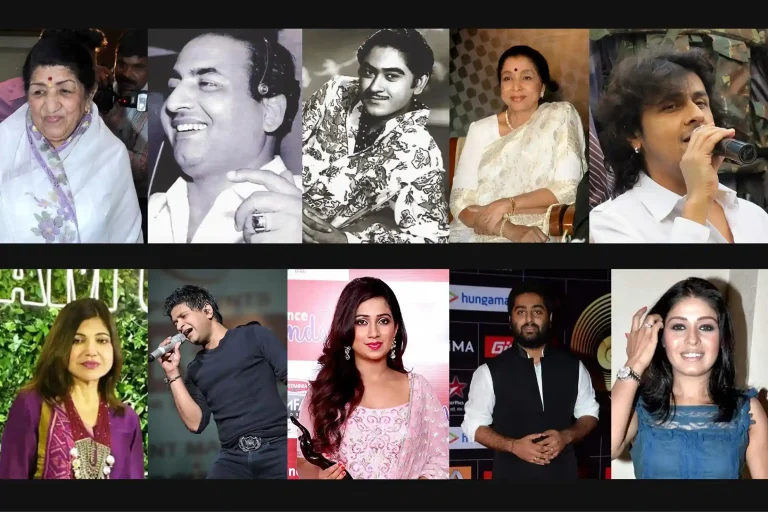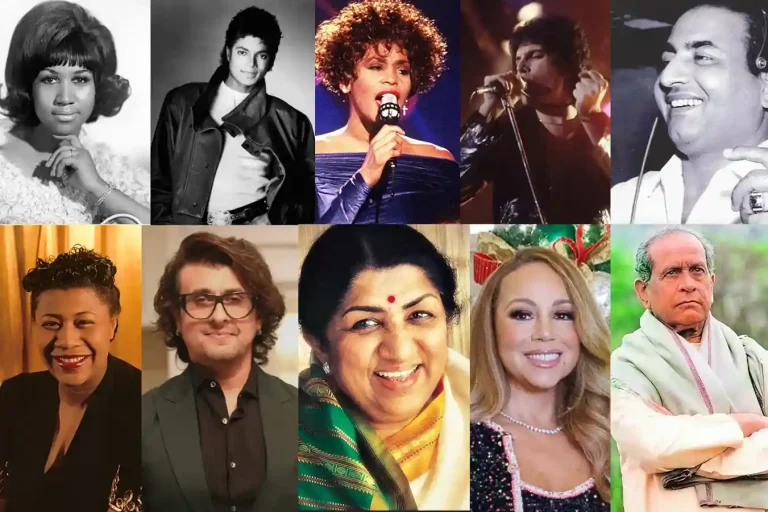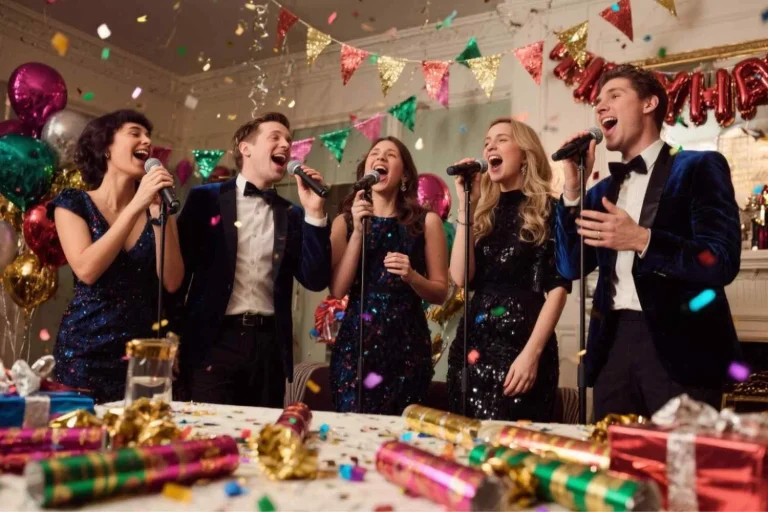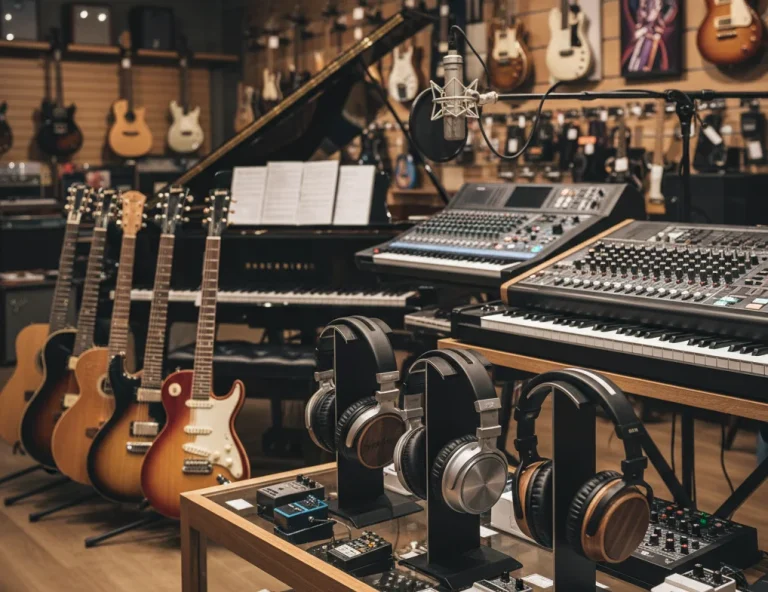All Topics
- Alchemizing Music Concepts for Students
- Artist Spotlight
- artium gift card
- Artium Maestros
- Artium News
- buying guide
- Carnatic Music
- Devotional Music
- Editorials by Ananth Vaidyanathan
- Film Music
- Guitar
- Hindustani Classical Music
- Indian Classical Music
- Indian Folk Music
- Insights
- Instruments
- Karaoke Singing
- Keyboard
- Kids Music
- maestros
- Music Education
- Music for Kids
- Music Industry
- Music Instruments
- Music Legends
- Music Theory
- Music Therapy
- Piano
- piano guide
- Success Stories
- Tamil Film Music
- Telugu Film Music
- Time Theory
- Tools
- Uncategorized
- Vocal Singing
- Vocals
- western classical music
- western music
- Western vocal music
90’s Nostalgia: Top 10 Abhijeet Songs as a Masterclass for Music Learners
90’s Nostalgia: Top 10 Abhijeet Songs as a Masterclass for Music Learners
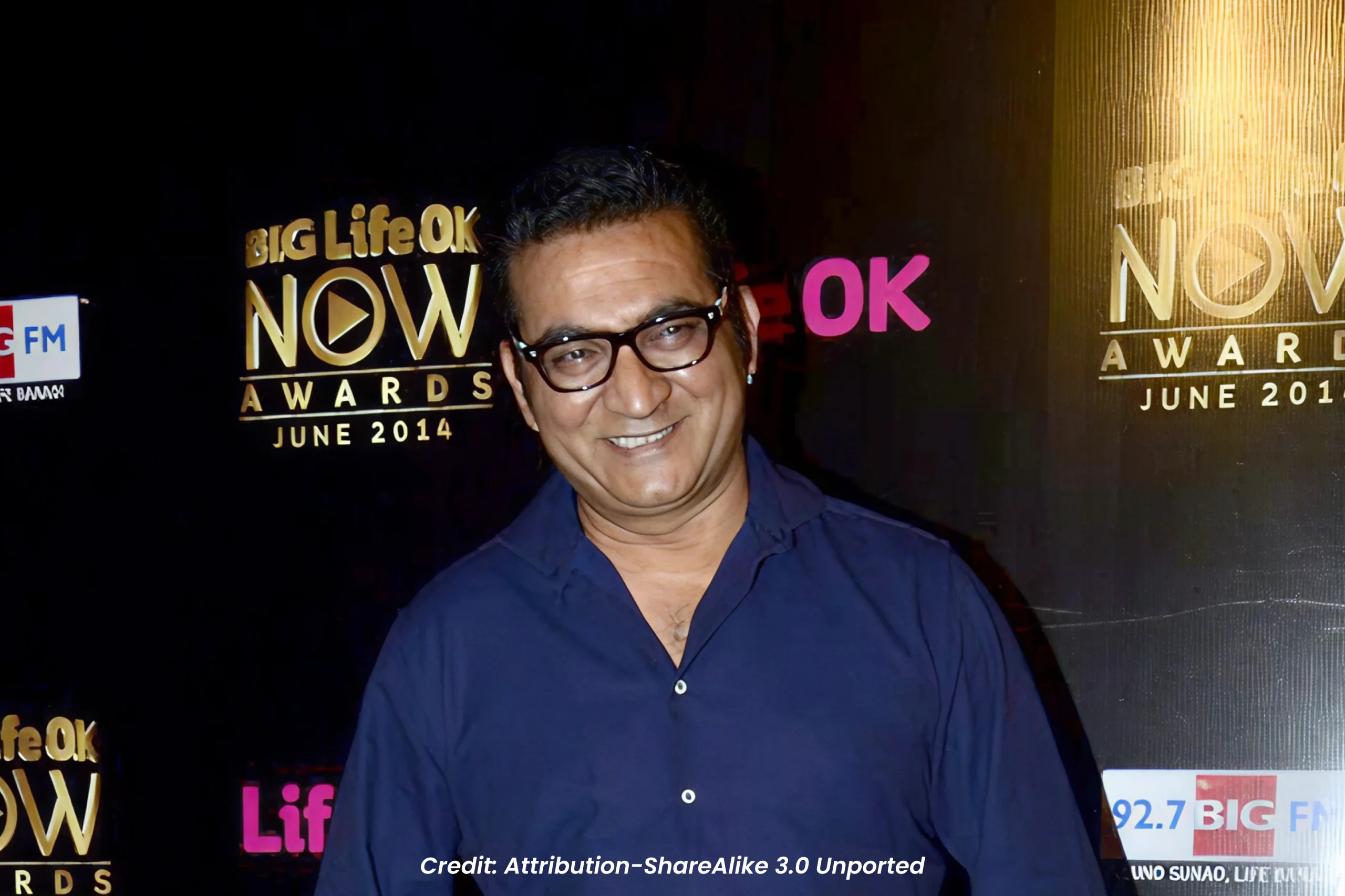
Table of Contents
Picture this: You’re stuck in a Mumbai traffic jam, blasting a ’90s playlist, when suddenly you crave something electric to shatter the stall—and bam, that voice hits: part rebel yell, part lover’s whisper. You hit play on the infectious hook of ‘Chura Ke Dil Mera’. For the ’90s kid trapped in adulting, it’s that unbreakable cult rush —a spark of unfiltered genius that turns romantic melodies into foot-tapping blockbusters.
That’s the magic of Abhijeet Bhattacharya, the unsung architect of Bollywood’s peppiest heartbreaks and high-octane anthems. As we roll into October—his birthday month on the 30th—let’s crank up the volume on a legend whose echoes still pulse through our veins.
Known as the voice of SRK, Baadshah of 1990s music, Abhijeet Bhattacharya was born in 1958 in the lively streets of Kanpur’s middle-class Bengali Brahmin neighborhood and was the youngest of four siblings. Abhijeet’s love for music began early — he started performing on stage at the age of 13, inspired by his idol, Kishore Kumar.
After graduating in commerce from Christ Church College, Kanpur, he moved to Mumbai in 1981 to study Chartered Accountancy, but soon decided to follow his passion for singing. His perseverance paid off when music legend R.D. Burman discovered him and gave him his first major break as a playback singer in Anand Aur Anand, where he sang alongside his idol, Kishore Kumar.
He re-emerged in the early 1990s with chart-topping hits from Baaghi and Khiladi, firmly establishing himself among Bollywood’s leading playback singers and marking the beginning of an illustrious musical journey that would define the sound of the 90s and beyond.
But before this defining moment, Abhijeet had already spent years in Mumbai refining his craft—performing in stage shows, singing in a chorus for prominent composers like Rajesh Roshan and Jagjit Singh, and closely observing greats such as R.D. Burman and Ravindra Jain to understand the nuances of playback singing. His early years were marked by immense dedication; he worked tirelessly to master the emotional delivery that later became his signature style.
Today, anyone can learn Hindi film music online or enroll in a Bollywood-style singing course. This makes it easier than ever to learn about vocal techniques and gain clarity on music theory.
Top 10 Songs of Abhijeet Bhattacharya
In this blog, I would like to take you on a musical journey of 10 iconic songs of Abhijeet Bhattacharya that beautifully showcase his remarkable vocal range, strength, nuanced interpretation of lyrics, emotional depth, and powerful delivery—qualities that have made him a timeless legend and an inspiring role model for aspiring singers everywhere.
Although his initial projects, which included albums of tribute songs to Kishore Kumar and the Yaadein series—a tribute album featuring other singers —didn’t give him instant fame, this phase of musical apprenticeship laid the foundation for his distinctive voice as a tribute to rich texture, versatility, and emotion.
It was this continuous pursuit of excellence that eventually made Abhijeet one of Bollywood’s most admired playback singers of the 1990s, inspiring countless newcomers to treat music not just as talent, but as a lifelong discipline.
Suno Na Suno Na
This Iconic song from the 2003 Bollywood Gem ‘Chalte Chalte’ follows a couple’s journey from whirlwind romance to finally getting married. This song pops up early as a fun, anticipatory duet, picturized on SRK and Rani across multiple picturesque locations in Athens, Greece. Abhijeet Bhattacharya’s lead vocals, channelling his signature youthful zip, and Alka Yagnik’s silky voice make this melody pure magic and a standout in Abhijeet’s 90s-2000s playbook.
The breezy Aalap by Abhijeet at the beginning of the song, and his powerful high yells bouncing off the beautiful orchestral sections, earned him a nomination for the Filmfare Best Male Playback Singer at the 49th Filmfare Awards (2004). It highlighted his knack for infusing romantic tracks with raw passion.
Mai Koi Aisa Geet Gaoon
The soul-stirring serenade from Yes Boss (1997), where SRK’s velvet romance meets Abhijeet’s electric spark—that births timeless chemistry, making fans swoon. Abhijeet’s crisp timbre adds that raw, unjaded edge, and through his voice alone, Abhijeet Bhattacharya doesn’t just sing—he breathes life into Shah Rukh Khan’s timeless charm.
The soundtrack hit shelves on July 4, 1997, via Tips Music, and became a blockbuster—selling over 2 million units, one of the decade’s top albums. Abhijeet also bagged his first Filmfare Award for Best Male Playback Singer at the 43rd Filmfare Awards (1998), for this song.
Baadshah
This rollicking, feel-good anthem from Baadshah (1999), directed by Abbas-Mustan and produced by Gauri Khan. SRK’s goofy grins, Twinkle’s sassy flair, and a beat that turns this ’90s melody into a dance-floor frenzy. Abhijeet Bhattacharya (solo vocals, delivering his trademark zippy charisma and infectious zest into the song makes this a more chartbuster.
What catapults it to chartbuster immortality? Abhijeet Bhattacharya’s solo vocals, unleashing his trademark zippy charisma and infectious energy. Like a shot of adrenaline straight to the speakers. Echoing the legendary Kishore Kumar’s wizardry in “Aare Diwano Mujhe Pehchano” from Don (1978), Abhijeet deploys powerhouse techniques—lightning-quick pitch leaps and yodel-tinged flourishes—that give the track its electric urgency.
Zara Sa Jhoom Loon Mai
Zara Sa Jhoom Loon Main —the effervescent, heart-fluttering duet from Dilwale Dulhania Le Jayenge (1995) that redefined eternal love with Shah Rukh Khan’s Raj wooing Kajol’s Simran across Swiss trains and picturesque Switzerland. Penned as a cheeky invitation to sway just a little in the thrill of new romance, this track bubbles with the film’s sun-kissed romance, SRK’s cheeky winks, and Kajol’s feisty fire. Abhijeet’s buoyant energy pairs seamlessly with Asha’s sparkle, creating duet magic that’s pure 90s gold. Abhijieet’s flawless vocals in this song are a treat to listen to and will forever remain a cherished memory in the hearts of 90’s kids, as well as an inspiration for impeccable open-throat singing that can match none in his era.
Vo Ladki Jo Sab Se Alag Hai
The song from the movie Baadshah was composed by Anu Malik. Abhijeet Bhattacharya’s vocals here aren’t just accompaniment—they’re the heartbeat, a masterstroke of controlled ferocity wrapped in playful seduction. Starting with a husky whisper on “Woh ladki jo sabse alag hai,” he builds urgency through cascading runs. Those signature pitch glides? Razor-sharp, leaping from low, intimate croons (evoking the “narm nigahen” softness) to soaring highs that crackle with raw emotion.
For young singers, this track is a gold-standard curriculum—dissect it note by note to decode how raw power meets precision for unforgettable impact. Then, pitch modulation as emotional alchemy: His fluid shifts from chest voice (grounded, teasing lows) to head voice (ethereal highs) mirror the song’s shift from observation to obsession
Ole Ole (Jab Bhi Koi Ladki Dekhun)
This solo banger, foot-tapping sensation from Yeh Dillagi (1994), is pure 2000s nostalgia, and it hits like a summer storm, with Saif’s boyish charm chasing Kajol’s fiery sass through sun-drenched lanes and lively parties. Abhijeet Bhattacharya’s vocals in “Ole Ole” are a thunderclap of joy—raw, relentless energy that doesn’t just accompany the visuals; it propels them into overdrive. Those masterful rhythmic punches—short, staccato syllables alongside his glissandos and micro bends — transform this fun filler into a full-throttle anthem.
Chand Taare (Bas Itna Sa khwab Hai)
Diving into the dreamy ambition of “Chaand Taare”—the uplifting, starry-eyed solo from Yes Boss (1997), this track is a soaring manifesto of big dreams: plucking moon and stars, conquering the world, all wrapped in a melody with Abhijeet Bhattacharya in solo vocals, pouring his fresh, fervent spirit into every note of the song. The song broke records, topping charts and inspiring covers, with its music directors clinching the Best Music Director award at the 43rd Filmfare Awards. The song launches with a steady, resolute mid-range on “jo bhi chahoon,” Abhijeet, then crafts a lyrical arc through his masterful swells, where the voice gathers steam like a rocket, erupting into full-throated power on “chaand taare tod laun,” with a bright, ringing tenor that slices through the orchestration like starlight.
Abhijeet’s timbre, along with SRK’s underdog fire, transforms the song into a pep talk; his controlled crescendos and smooth fadeouts in the outro leave you breathless, and you keep listening to the song more and more.
Tumhe Jo maine Dekha
The record-breaking chartbuster song from the movie ‘Mai Hoon Naa (2004) is one of Abhijeet Bhattacharya’s iconic songs where his vocals deliver a crisp charisma with soulful depth, making the song one of its kind. The soundtrack hit on April 2, 2004, via T-Series, storming the charts with over 2 million units sold, becoming one of the decade’s top sellers and fueling the film’s blockbuster run.
The way he begins the song with the airy phrase ‘tum bhi ho’ and brings the emotions to a crescendo with his dramatic pause at the words ‘diwana mai ho gaya’. This timeless track will always stand as an indelible testament to Abhijeet Bhattacharya’s vocal wizardry. Abhijeet doesn’t just voice the lyrics; he channels SRK’s dual essence—the tender dreamer lost in a glance, fused with that irrepressible spark of charisma.
Badi Mushkil Hai
“Badi Mushkil Hai,” the whimsical solo from Anjaam (1994), picturized on SRK’s comically tormented yearning amid Mumbai’s bustle, is a hopeless romance wrapped in absurd humor, transforming heartbreak into a hummable, catchy melody.
Abhijeet Bhattacharya adds hopeless romance with his fun twist: a boyish voice that dips low to create suspense as if his heart is lost somewhere, then jumps with silly yelps on “roun ya hasun” mixing SRK’s sweet pain with lively spark. Abhijeet’s yodelling bits between words add quirkiness to the song, keeping it fresh in his voice.
Chalte Chalte (Pyar Humko Bhi Hai)
The title track Chalte Chalte from the 2003 film of the same name, sung by Abhijeet Bhattacharya and Alka Yagnik, remains one of Bollywood’s most poignant expressions of heartbreak and emotional distance. What makes this song exceptional is Abhijeet’s effortless control over emotion—his voice moves fluidly between soft vulnerability and aching intensity, mirroring the lyrical pain of separation penned by Javed Akhtar.
His phrasing and breathwork give every pause a sense of longing, while his tonal balance lends dignity to the song’s mood, which perfectly matches its position in the film. The emotive depth of both Abhijeet and Alka Yagnik’s mellow but strong vocals transforms Chalte Chalte from a mere breakup ballad into a timeless anthem of love and loss—an example of vocal finesse that continues to inspire singers seeking to convey complex feelings through simplicity.
Final Thoughts
Abhijeet Bhattacharya is not just a voice from the golden past—he continues to reinvent himself with melodies that resonate across generations. Even today, his vocals remain a benchmark for emotion and technique among aspiring singers.
Interestingly, nearly three years ago, his song Dil Ka Jo Haal Hai from Besharam, picturized on Ranbir Kapoor, made a massive comeback on social media, trending widely on reels in 2025. Adding to this renewed admiration, his recent track in Panchayat Season 3 has also struck a chord with audiences, reaffirming that Abhijeet’s artistry is as timeless as his tone.
At Artium Academy, we specialize in teaching the various techniques of voice used by these legendary artists to impart the correct way to learn Film songs and contemporary songs. Artium Academy ensures that the Voice Techniques used by top singers, such as Abhijeet Bhattacharya, are imparted to learners through professional trainers who are experienced and experts in Voice Science.
FAQs
Abhijeet Bhattacharya’s voice is fresh and zippy, blending boyish rasp with tender highs—husky lows for romance, buoyant leaps and yodels for fun energy. Unlike the silky smoothness of Kumar Sanu or Udit Narayan’s honeyed flow, his raw, unpolished edge feels urgent and street-smart, like a rebel’s whisper turning to a shout. That’s why he defined the 90s: his vibe nailed the era’s hustling heroes—SRK’s dreamy swagger, Akshay’s cheeky grit—making tracks like Ole Ole pulse with youthful fire, mirroring India’s bold boom.
Abhijit Bhattarya’s voice has a zippy blend of youthful rebellion and tender yearning, with a husky timbre that crackles with raw energy—think boyish rasp dipping into wistful lows for romantic ache, then vaulting to buoyant highs via pitch glides, elastic runs, and yodel-tinged flourishes. His delivery masters quirk and control: staccato punches for rhythmic zest, breathy intimacy for hopeless romance, and dynamic swells that mirror on-screen charisma.
Abhijeet’s most popular songs :
- Mere Khayalon ki Mallika
- Tumhe jo Maine Dekha
- Chalte Chalte
- Ole Ole
- Badshah
Although Abhijit Bhattacharya is not a classically trained singer, he had gained tremendous experience by singing on stage from a very early age. He came into the Bollywood Music Industry early and started working with RD Burman. He has done many live shows with RD Burman singing all his legendary songs adding to his experience.
Aspiring vocalists may gain invaluable lessons from Abhijeet Bhattacharya’s singing technique, characterized by a vibrant, dynamic voice that seamlessly integrates raw emotional depth with agile transitions between soaring highs and resonant lows—ideal for conveying lively rhythms. Emphasize exercises in pitch modulation, diaphragmatic breathing, and idiosyncratic expression to infuse performances with distinctive character. Moreover, participation in live performances is indispensable, as it fosters resilience under pressure, enhances audience rapport, and promotes adaptive improvisation. A foundational grounding in classical music further enhances technical versatility and precision.
Aspiring singers should learn from singers who are well versed in Voice science so they can correctly explain the techniques to the learners. At Artium Academy, trainers undergo rigorous training in Voice Science to understand these powerful techniques and deliver them accurately to learners.


